
Academicians and technical staff went on a five-day strike in several universities across the country last week. The academicians claimed they were underpaid and systematically undervalued for their efforts, stressing that their question is survival under dire economic conditions.
The strike was halted last Friday, with teachers protesting, saying they wanted to offer time for the authorities to respond in good faith.
The lecturers claim that the move to strike came after repeated attempts to engage with officials of the Ministry of Education, the Civil Service Commission and the Ethiopian Teachers’ Association for the past two years through letters left unanswered. A statement issued on December 5, 2022, by a group claiming to be part of the Ethiopian University Teachers & Technical Staff Association says a job strike became its final move to “meet the quest for survival”, having exhausted all other options in the bureaucratic structure.
Better pay, tax breaks, benefits packages and promotional windows are a few of the 14 demands put forth by the group, primarily organised through social media.
“We are fighting for bread,” Damot Anteneh (PhD), a lecturer from Debremarkos University, told Fortune.
Damot is also a member of the Association in Debremarkos, 298Km north of the capital, in Amhara Regional State. He has worked in the agricultural department of the University for the past three years.
He blamed an attempt to put a “political spin on the economic demand” for undermining the “legitimacy of the struggle.”
However, the academics and technical staff are part of the civil service and prohibited by law from staging strikes.
There are close to 650,000 teachers across all levels of education, with close to 91pc employed in learning institutions, mainly in 42 public universities. In a letter released by the teachers, they claim professors struggle to cover rent in most cities—the salary of a university lecturer averages close to 10,000 Br.
Other lecturers and assistant staff willing to speak on the matter echoed Damot.
Natnael Abebe from the mechanical engineering department at Arba Minch University expressed his determination to stand his ground until the teachers’ demand is met.
“We’ll not return until our demands are met,” Natnael told Fortune last week.
Despite rumours of official clampdown reaching the ears of these academics, they had maintained their vigour for five days. Students from Arba Minch University confirmed that no classes were taking place, particularly in the first three days of the strike.
The Association, led by Befkadu Zeleke (PhD), has 34,000 members.
The President commented that the Association does not recognise the strike and the teachers’ activities as legitimate.
Ethiopian teachers working for public institutions are governed by civil service, not labour law. Kassahun Follo (PhD), the president of the Confederation of Trade Unions of Ethiopia (CETU), said that several lecturers are working for private learning institutions organised under the CETU; but, those employed by the public universities fall under the civil service.
“They aren’t within our mandate,” the President told Fortune.
Kassahun confirmed that the issue had been put to the attention of the International Labour Organisation (ILO), which demands freedom of Association and protection of the right to organise, a convention Ethiopia is a signatory.
Tazebew Diressa has been a lecturer at Debremarkos University for six years in the engineering department. The Univesity retained him after graduating with honours. He feels daunted to carry on daily living with the galloping inflation.
“We’re fed up,” he said.
Another lecturer from the same University for a decade, Asmare Tenaw, said that he had not seen a pay raise in five years following a job evaluation and grading administered in 2018.
While the group claims - through its Telegram account - an “above-90pc success” rate in their strike, Addis Abeba and Adama cities were not part of the “national” effort.
Kibur Engidawork, an assistant professor of sociology at Addis Ababa University, believes how a society treats its teachers reflects its value for education. Meeting societal goals needs self-respecting teachers, according to the Sociologist.
“Teachers are agents of socialisation and behavioural change,” Kibur told Fortune. “A society that fails its teachers fails itself.”
Despite attempts to reach the Ministry of Education, its officials declined to comment.
PUBLISHED ON
[ VOL
, NO
]
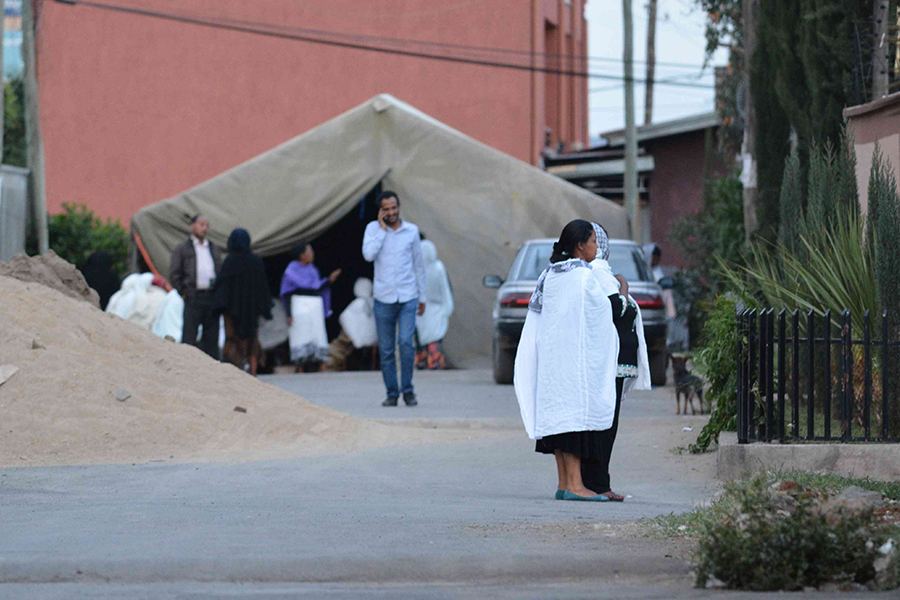
Agenda | Jul 21,2024

Fortune News | Apr 29,2023
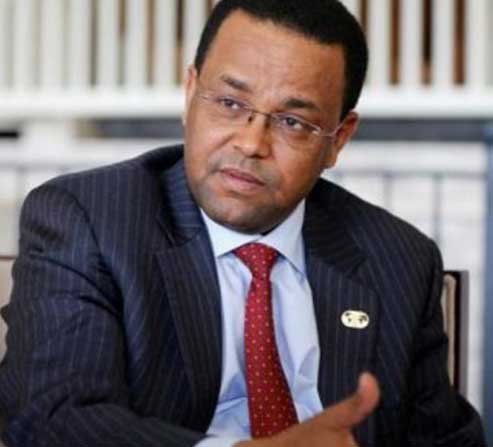
Fortune News | Apr 17,2021
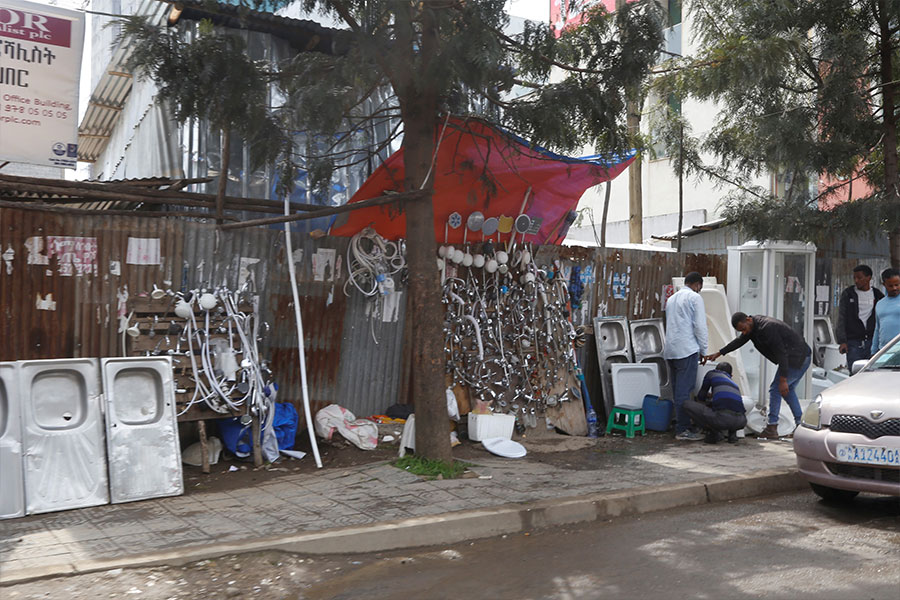
Radar | Sep 04,2021

My Opinion | Jul 18,2021
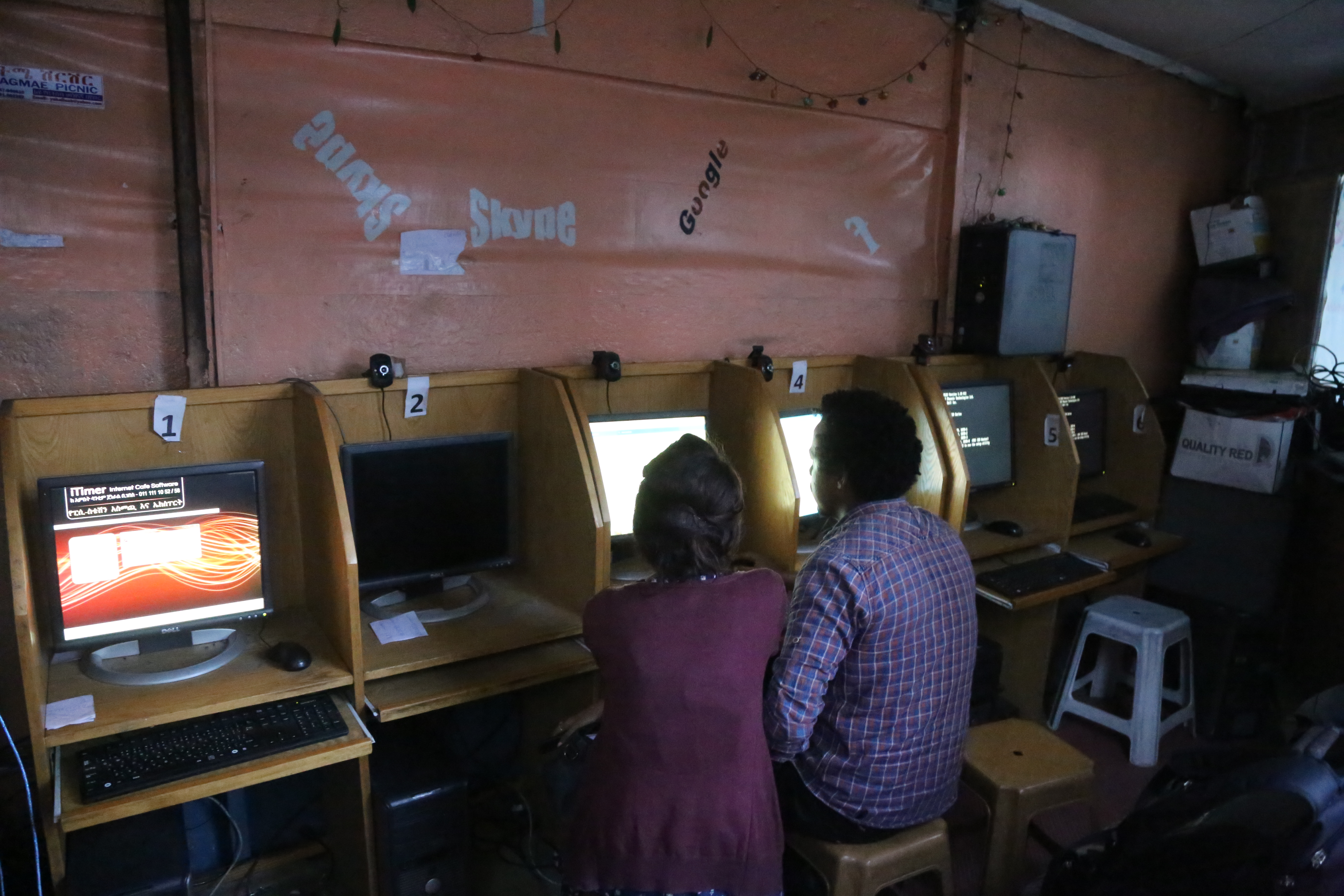
Agenda | Nov 27,2018

Featured | Apr 22,2022
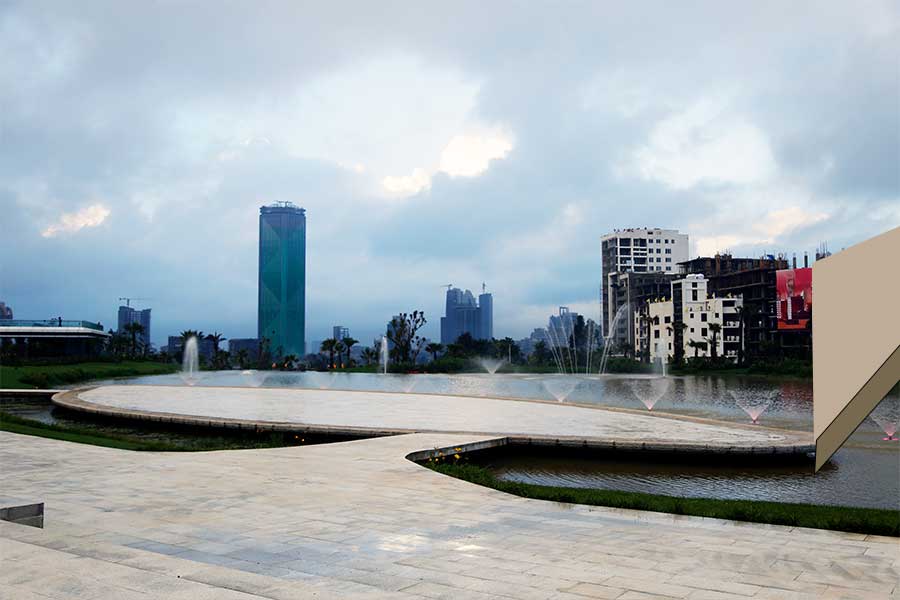
View From Arada | Sep 19,2020

Editorial | Oct 02,2021

Featured | Sep 27,2025

Dec 22 , 2024 . By TIZITA SHEWAFERAW
Charged with transforming colossal state-owned enterprises into modern and competitiv...

Aug 18 , 2024 . By AKSAH ITALO
Although predictable Yonas Zerihun's job in the ride-hailing service is not immune to...

Jul 28 , 2024 . By TIZITA SHEWAFERAW
Unhabitual, perhaps too many, Samuel Gebreyohannes, 38, used to occasionally enjoy a couple of beers at breakfast. However, he recently swit...

Jul 13 , 2024 . By AKSAH ITALO
Investors who rely on tractors, trucks, and field vehicles for commuting, transporting commodities, and f...

Nov 1 , 2025
The National Bank of Ethiopia (NBE) issued a statement two weeks ago that appeared to...

Oct 25 , 2025
The regulatory machinery is on overdrive. In only two years, no fewer than 35 new pro...

Oct 18 , 2025
The political establishment, notably the ruling party and its top brass, has become p...

Oct 11 , 2025
Ladislas Farago, a roving Associated Press (AP) correspondent, arrived in Ethiopia in...